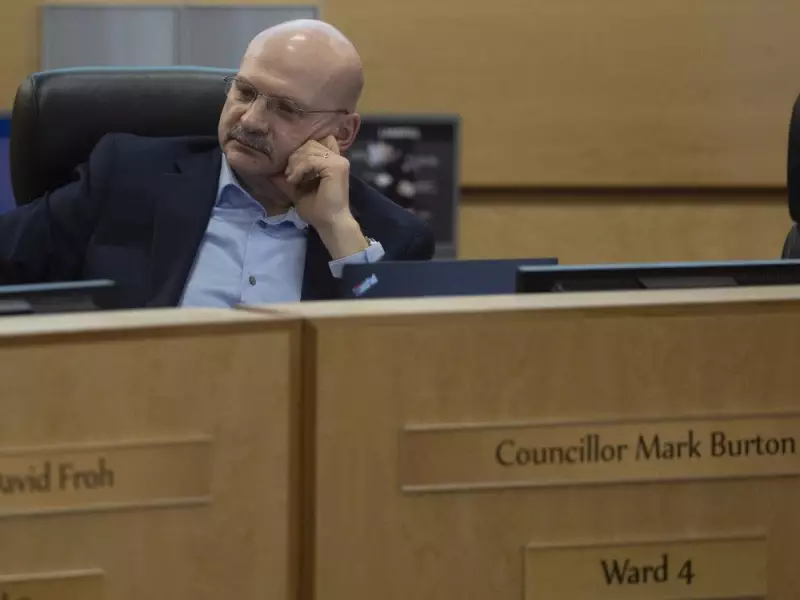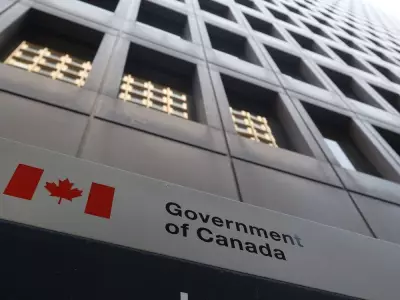
Regina city council is actively investigating the implementation of a new property tax system, a move that could establish a minimum tax floor for all residential properties. This initiative, proposed by a city councillor, aims to shield homeowners from dramatic tax increases following property revaluations, despite reservations from the city's administration.
Motion for a New Tax Tool
The proposal was set in motion by Ward 4 Councillor Mark Burton, who introduced a motion on Wednesday. The motion requests $500,000 to be allocated for an update to the city's tax software. This technological upgrade is a prerequisite for implementing a base or minimum tax, a tool the City of Regina has not utilized for calculating residential property taxes in the past.
Currently, Regina employs a system where property taxes are calculated proportionally based on a property's assessed value. A base tax would represent a fundamental shift. It would apply a universal, fixed amount to every residential property tax bill, irrespective of the home's type or its market value. The standard assessed value tax would then be added on top of this base amount.
Debate and Division at City Hall
The proposal has revealed a clear division between council and city administrators. Chief Financial Officer Daren Anderson advised that a base tax is not well-suited for Regina. He explained that the model is ill-equipped to handle the complexity of distributing the tax burden fairly across the city's diverse housing stock. Anderson emphasized that such a system would likely place a larger financial burden on owners of lower-valued homes while potentially reducing taxes for those with higher-valued properties.
Despite this strong recommendation from staff, city council voted 9-2 to table the decision until November 19 to allow for further consideration. The two dissenting votes came from Councillors Sarah Turnbull (Ward 5) and Shanon Zachidniak (Ward 7).
A Response to Taxpayer Concerns
Councillor Burton defended his motion, stating that his interest in alternative tax tools was driven by constituents in his ward who faced significant tax hikes after the recent property revaluation cycle. He clarified that the motion is not an immediate move to change the tax model but is about providing future flexibility.
"This motion is about democracy," Burton stated during the council meeting. "This provides the capability for council to manage tax policy in a way they deem appropriate, not within the limitations of software."
The city's administration confirmed that they had previously reviewed the idea of a base tax in 2021 but concluded it would lead to a less equitable distribution of taxes compared to the current proportional system. The upcoming council meeting on November 19 will determine whether Regina invests in the software that could make this alternative tax model a future possibility.





